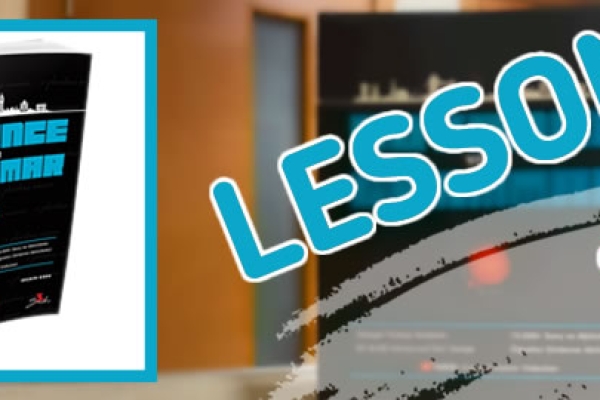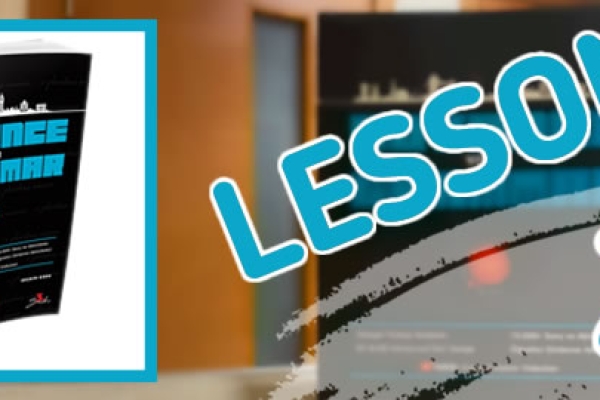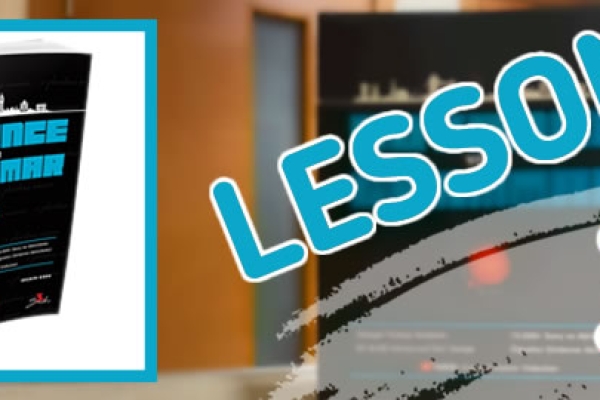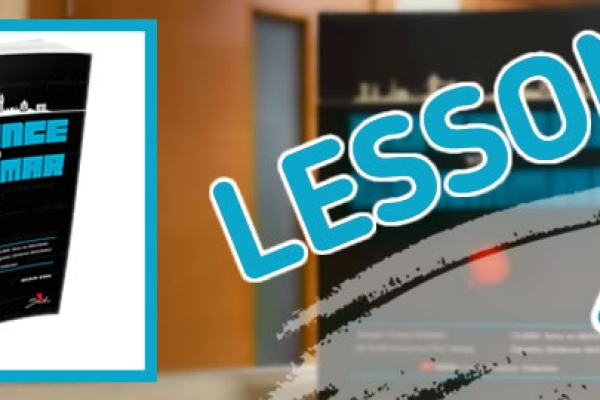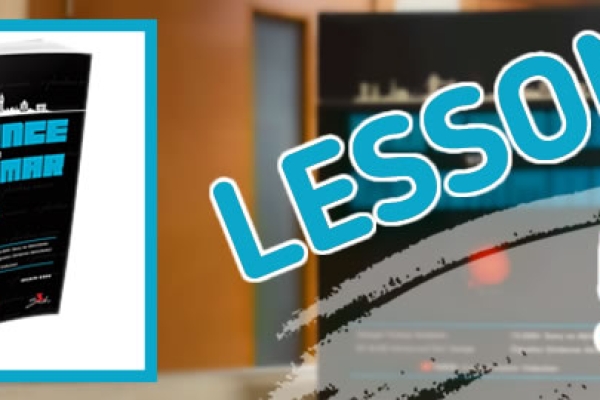Summary Comparison of Infinitives - Verb + Full Infinitive
In English grammar, the full infinitive is the base form of a verb preceded by the particle "to" (e.g., "to eat," "to go," "to write"). It is one of the two primary forms of infinitives, the other being the bare infinitive, which lacks the "to" (e.g., "eat," "go," "write"). The full infinitive is used in a variety of sentence structures and can follow certain verbs, adjectives, or nouns. Its use depends on the verb or expression preceding it, which governs whether the verb following it should be in the infinitive form.
Key Points on Full Infinitives:
-
Structure:
- Verb + Full Infinitive: In this structure, a verb is followed by a full infinitive to complete the idea or express a purpose, intention, or future action.
-
Examples of Verbs Followed by Full Infinitives: Some verbs are typically followed by a full infinitive to show intentions, plans, or certain activities.
Examples with Explanation:
1. "Want" + Full Infinitive:
The verb "want" is commonly followed by the full infinitive to express desires or intentions.
-
Example 1: I want to go to the park.
- Explanation: "Want" is followed by "to go," which is the full infinitive form of "go." This sentence expresses the speaker's desire to go to the park.
-
Example 2: She wants to eat dinner at 7 p.m.
- Explanation: "Wants" is followed by "to eat," which indicates her intention or preference for the time she wants to have dinner.
2. "Need" + Full Infinitive:
The verb "need" is often followed by a full infinitive to express necessity or requirement.
-
Example 1: I need to finish my homework before I go out.
- Explanation: "Need" is followed by "to finish," indicating that completing homework is necessary before going out.
-
Example 2: He needs to buy a new phone.
- Explanation: "Needs" is followed by "to buy," showing the necessity of purchasing a new phone.
3. "Hope" + Full Infinitive:
The verb "hope" is used with the full infinitive to express expectations or desires regarding future actions.
-
Example 1: I hope to travel to Japan next year.
- Explanation: "Hope" is followed by "to travel," which expresses the speaker's future intention or desire to visit Japan.
-
Example 2: They hope to finish the project by Friday.
- Explanation: "Hope" is followed by "to finish," indicating their expectation to complete the project by a specific time.
4. "Plan" + Full Infinitive:
The verb "plan" is often used with the full infinitive to indicate a future intention or goal.
-
Example 1: We plan to visit our grandparents this weekend.
- Explanation: "Plan" is followed by "to visit," expressing their intention to see their grandparents in the near future.
-
Example 2: He plans to start a new job next month.
- Explanation: "Plans" is followed by "to start," indicating his future goal of beginning a new job.
5. "Would like" + Full Infinitive:
The phrase "would like" is frequently followed by the full infinitive to express a polite desire or preference.
-
Example 1: I would like to have a coffee.
- Explanation: "Would like" is followed by "to have," indicating a polite desire for a coffee.
-
Example 2: She would like to visit Paris someday.
- Explanation: "Would like" is followed by "to visit," expressing her wish to visit Paris in the future.



